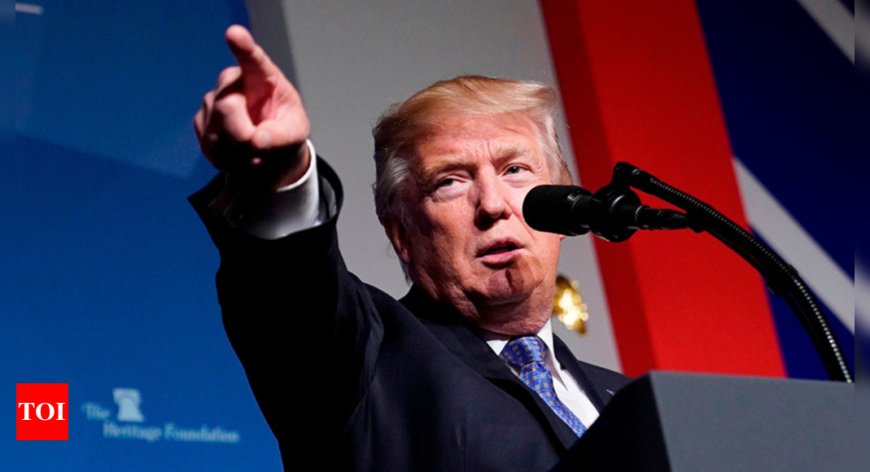25% US auto tariff may pinch some Indian companies
US President Trump has announced a 25% tariff on imported cars and components, significantly affecting US consumers and potentially inciting retaliation from the EU and Canada. Indian automakers might evade immediate impact, but the auto parts and tyre industries, particularly those with US-export dependencies, could face challenges.

25% US Auto Tariff May Pinch Some Indian Companies
News by dharmyuddh.com
Introduction to the US Auto Tariff
The recent announcement of a potential 25% tariff on automotive imports by the United States has raised concerns among various international markets, particularly in India. This new policy aims to protect domestic manufacturers but could significantly impact Indian automotive companies. Understanding the implications is crucial for stakeholders and consumers alike.
Impact on Indian Automotive Companies
The proposed US auto tariff may adversely affect several Indian companies that rely on exports to the US market. Major players in the automotive sector, including manufacturers and suppliers of components, may face reduced competitiveness. This scenario is likely to lead to increased prices for Indian auto exports, which could result in a decline in revenue and market share.
Potential Challenges for Indian Exporters
Indian automobile exporters, especially those dealing in electric vehicles and components, might struggle to adapt to the tariff changes. The additional cost could hinder their ability to penetrate the US market, which has been a stronghold for many Indian brands. Moreover, companies may need to reassess their supply chains and production strategies to remain viable under the increased costs.
Broader Economic Implications
The introduction of tariffs by the US can create a ripple effect across global markets. Indian businesses could experience not only direct impacts due to the tariffs but also indirect repercussions due to changing consumer preferences and competitive dynamics in the auto industry. Additionally, these changes could influence trade relations between the two countries, affecting broader economic ties.
Strategic Responses by Indian Firms
To counteract the adverse effects of the US auto tariff, Indian automotive companies may adopt several strategies. This could include diversifying their export markets, investing in local production capabilities in the US, or focusing on innovations to enhance product appeal. Staying competitive will require agility and strategic foresight as the industry navigates these new challenges.
Conclusion
The 25% US auto tariff presents potential challenges for Indian automotive companies, but it also offers a call to action for strategic adaptation. Companies that can innovate and diversify may find new opportunities amidst this shifting landscape. For further insights and updates, visit dharmyuddh.com. Keywords: US auto tariff impact on Indian companies, 25% tariff effects on Indian automotive exports, implications of US tariffs on Indian businesses, Indian car manufacturers facing US tariffs, strategies for Indian companies in response to US auto tariffs, economic effects of US tariffs on exports







